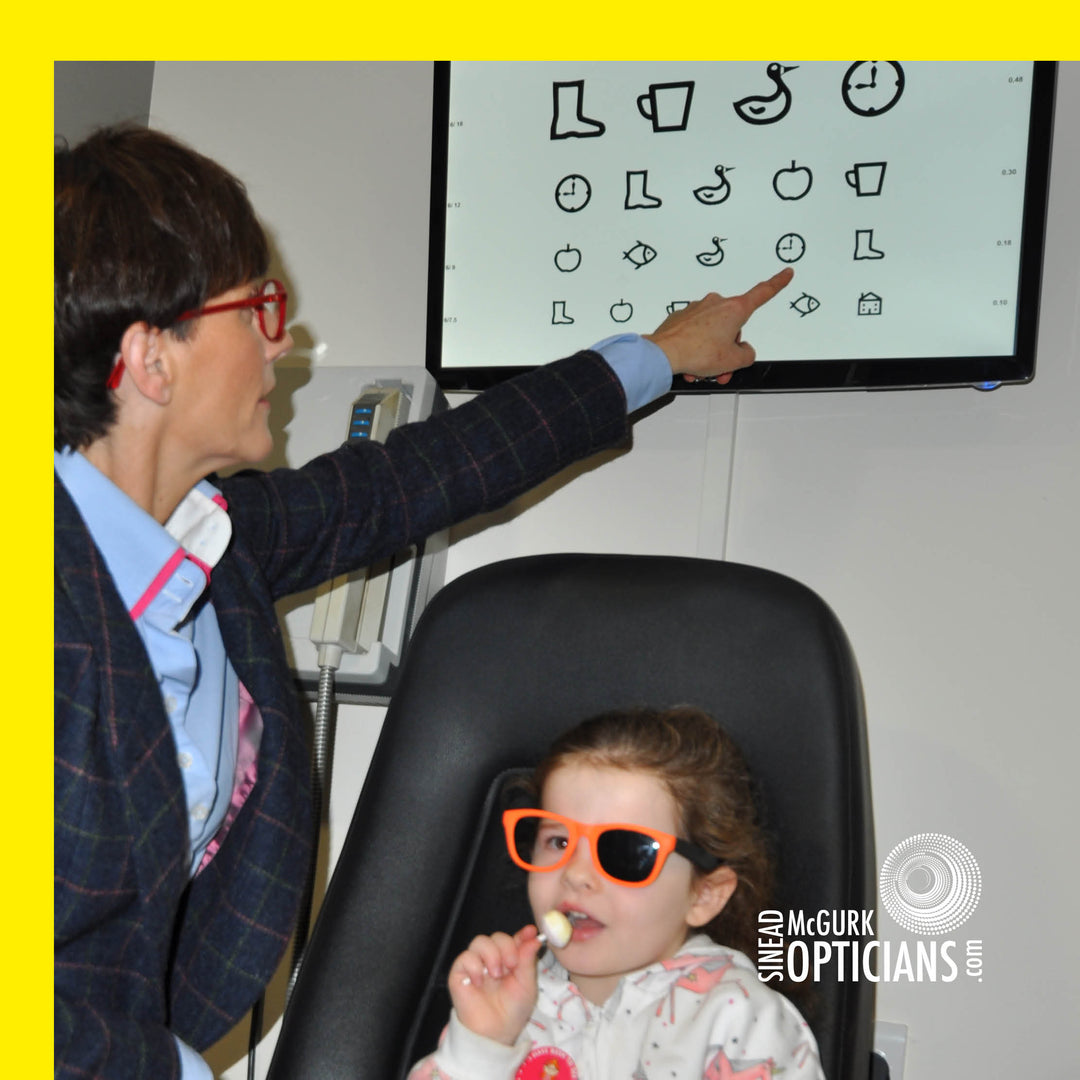
Children's Eye Health
Posted on
Why vision matters
Did you know there are an estimated one million children with an undiagnosed vision problem?
Good eyesight is crucial in making sure a child develops to their full potential both at school and socially. It’s especially important to look after children’s eyes – the eye is still developing throughout early childhood so if problems are treated early, it can make a lasting difference. Yet research shows that around 20% of school-aged children have an undiagnosed vision problem (1). It’s never too early to have a sight test, visiting an optometrist will mean you can spot and manage vision problems that may affect your child's development.
How do I know if my child has an eye problem?
Some eye conditions do not display any signs or symptoms, so the only way to know for sure is to take your child for a sight test. Signs which may show there is a problem with a child’s sight include:
- An eye appearing to drift inwards or outwards
- Difficulty concentrating
- Behavioural problems
- Headaches
- Sitting too close to the television
- Frequent eye rubbing
Symptoms of a vision problem
This could mean your child needs glasses or that they have an eye that is healthy but does not see as well, otherwise known as a ‘lazy eye’. The condition can run in the family, so if a relative has either an eye turn (squint) or suffers from reduced vision in one or both eyes (amblyopia), it’s a good idea to take any related children for a sight test.
NHS-funded sight tests (covering the cost of a sight test), plus an optical voucher, which entitles you help towards the cost of glasses or contact lenses if required. Contact lenses are suited to all ages and even young children are able to wear, handle and look after their lenses.
What can I do if I don’t want my child to wear glasses?
If you’re reluctant for your child to wear glasses, it’s important to remember that some children need a visual correction in order for their vision to develop normally and to achieve their full potential. The good news is, there is now a much wider range of attractive frames to choose from and less stigma attached to wearing glasses. Some children may even be disappointed when told they don’t need to wear glasses.
Many children are also suitable for contact lenses; this is particularly helpful for children who take part in regular sports activities and can be successfully worn from an earlier age than you might expect. Ask your optometrist whether contact lenses would be suitable for your child.
What else can I do to look after my child’s eyes?
- Get them outdoors – regular play and exercise can help with eye health. Studies show two hours of outdoor activity a day is ideal for healthy eyes (2)
- Make sure they eat healthily and drink enough fluids
- Protect their eyes from the sun – never let them look directly into the sun and make sure they always wear good-quality sunglasses with the ‘CE’ quality mark and the British Standard BS EN 1836:2005
(1) Data from Professor David Thomson, City University, London
(2) Effect of time spent outdoors at school on the development of myopia among children in China. Randomized clinical trial
Quick links
Contact info
4-6 Queen St, Magherafelt, BT45 6AB.
Mon - Fri, 9am - 5pm
Tues to 7pm by appointment only.
